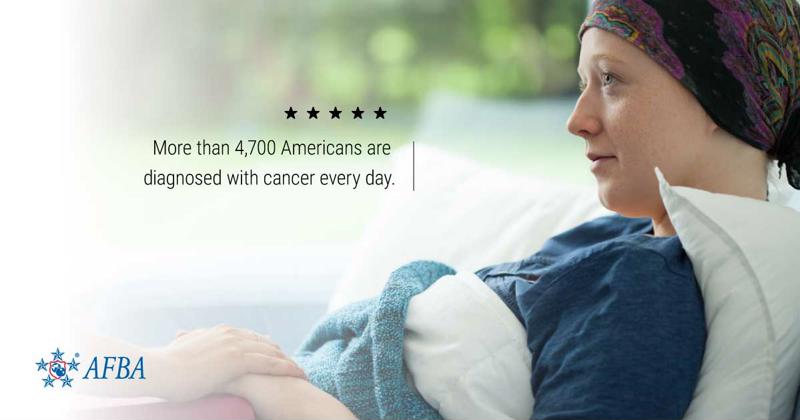Cancer is still one of the most complicated diseases health care researchers all over the world struggle to cure. This devastating illness can take a particular toll on former servicemembers. The U.S. Veterans Administration records nearly 50,000 incidents of cancer every year, per a report from the Durham Veterans Affairs Health Care System in Durham, NC.
That said, the rate of cancer-related deaths among the U.S. population as a whole is declining steadily, according to the American Cancer Society, falling 26 percent from its highest in 1991. Similarly, cancer diagnoses fell about 2 percent per year in men over the past decade (rates remained the same for women, however). These declining rates are the result of fewer people choosing to smoke and earlier detection.
Still, over 4,700 people are diagnosed with cancer every day. Innovative treatments are absolutely necessary to continue this rate of decline, especially among the veteran population. The VA already conducts cancer research, but it has problems combining its findings with external sources, according to the Military Times.
Thankfully, a new partnership may correct that problem.

Addressing cancer among veterans
The VA and the National Cancer Institute, part of the National Institutes of Health, are working together to help veterans with cancer access new treatments and experimental trials. By working together, the two hope to both improve outcomes for veterans and contribute to overall cancer research.
The partnership is named the NCI and VA Interagency Group to Accelerate Trials Enrollment (NAVIGATE) and will help veterans access the NCI's national clinical trials network and the CNI Community Oncology research program. Per a press release from the NIH, NAVIGATE launched at 12 VA sites across the country:
- West Haven, CT.
- Bronx, NY.
- Durham, NC.
- Atlanta, GA.
- Charleston, SC.
- Hines, IL.
- Minneapolis, MN.
- San Antonio, TX.
- Denver, CO.
- Portland, OR.
- Palo Alto, CA.
- Long Beach, CA.
"NAVIGATE is an opportunity for VA and NCI to partner at the national level to make clinical trials more accessible to veterans," said deputy director for NCI Clinical and Translational Research James Doroshow, M.D., in the NIH press release. "This agreement will not only provide veterans greater access to NCI clinical trials, it will enhance accrual to NCTN and NCORP trials, resulting in more timely completion of these studies. This interagency collaboration will also work to help veterans overcome barriers they've faced trying to access clinical trials as part of their cancer care."
Both the VA and the NCI will manage NAVIGATE together for up to three years. During that time, the 12 initial sites will share their knowledge and outline best practices so other VA operations can work with veteran patients to enroll them in clinical trials. Eventually, the two government groups hope the partnership will continue bringing opportunities to veterans and highlighting the unique challenges they face even after NAVIGATE ends.
Given that veterans may have been exposed to various cancer-causing agents during their time serving, this partnership is all too necessary. Hopefully the research will help veterans get the care they need and offer promising results for patients across the country.


